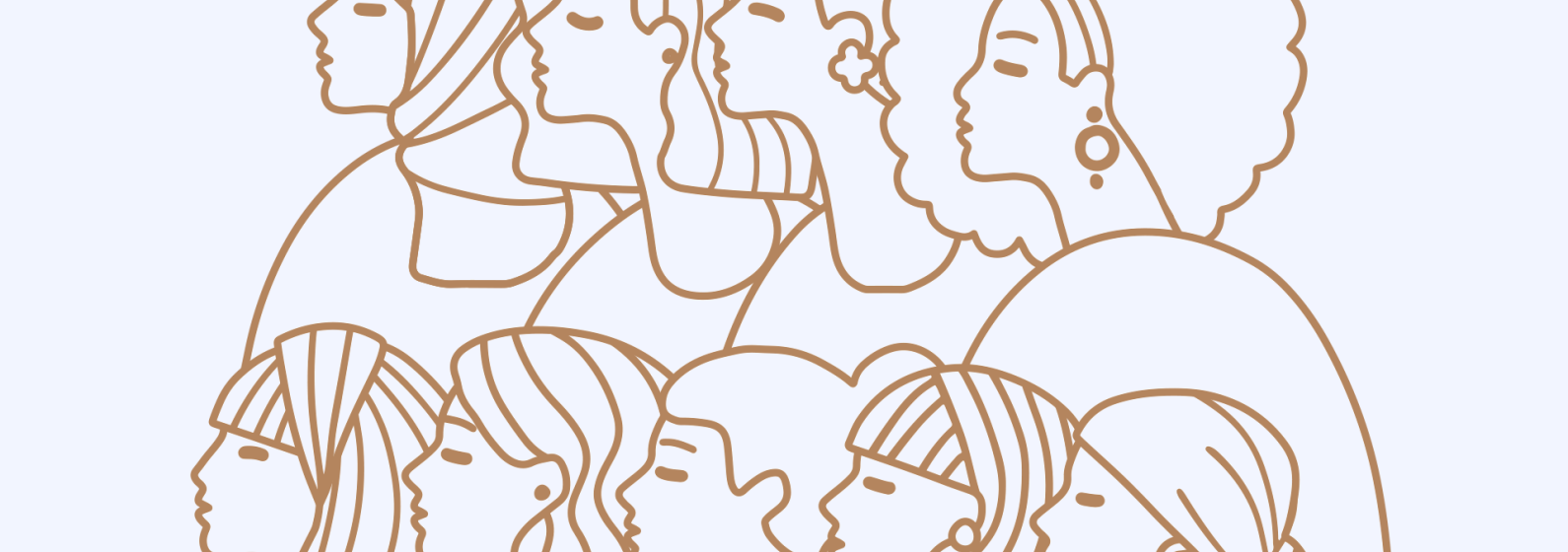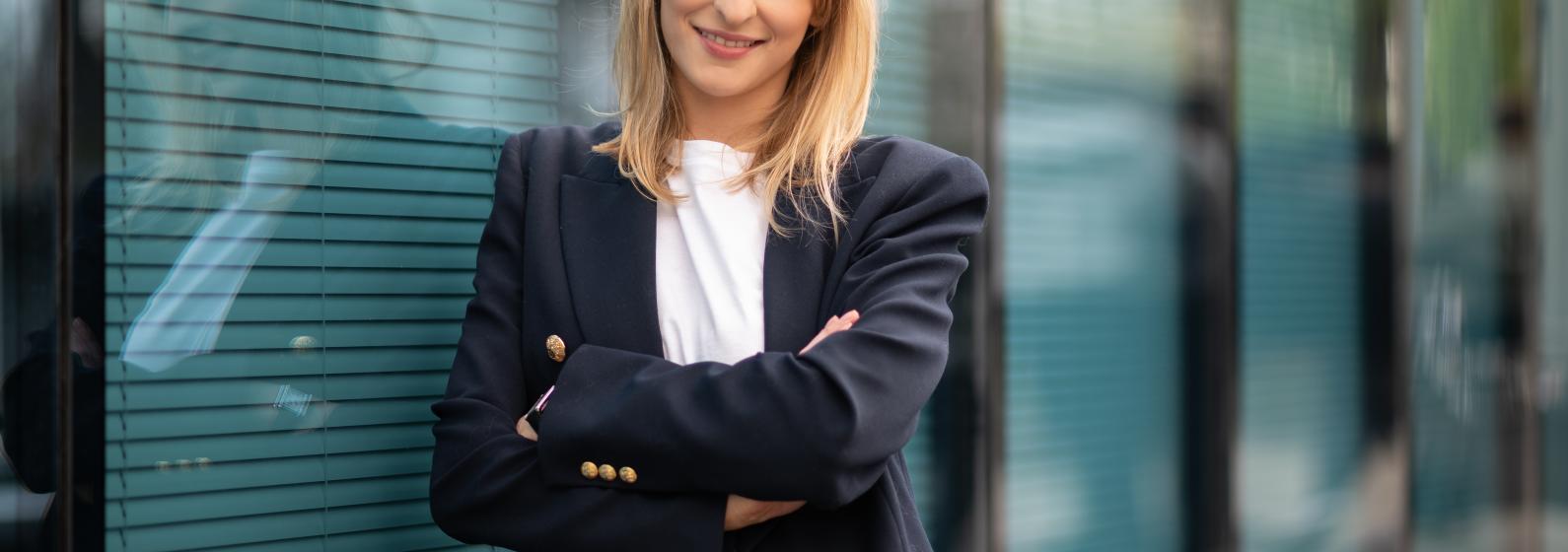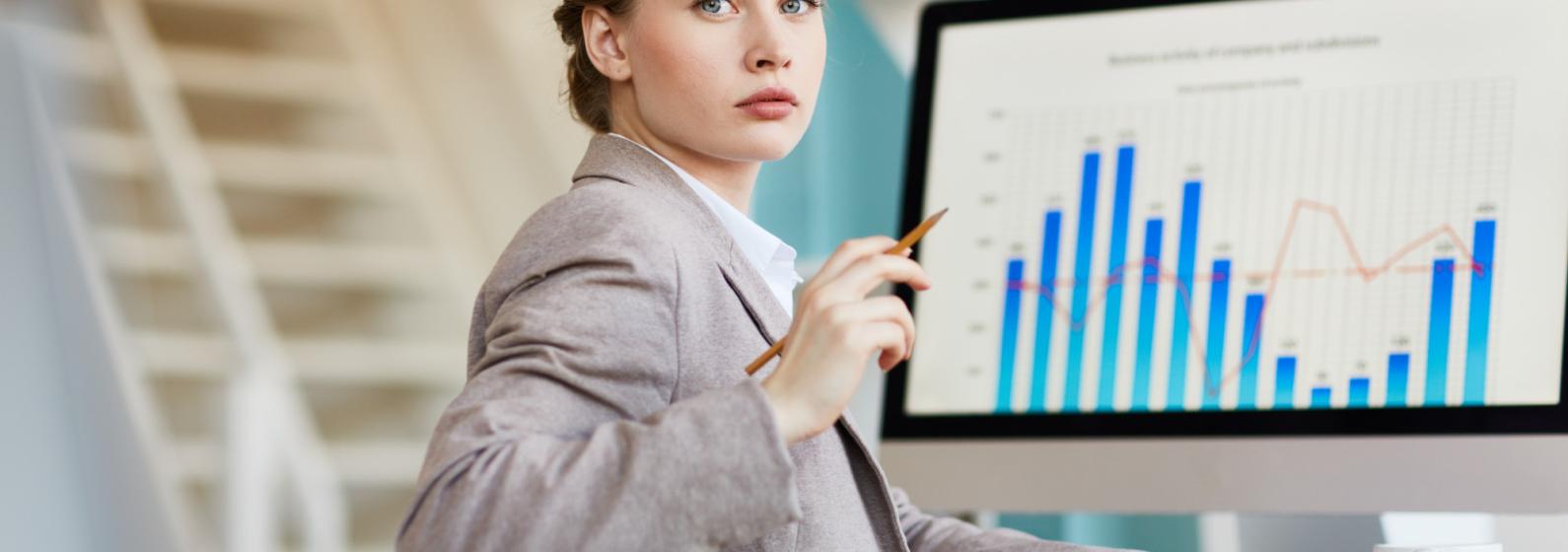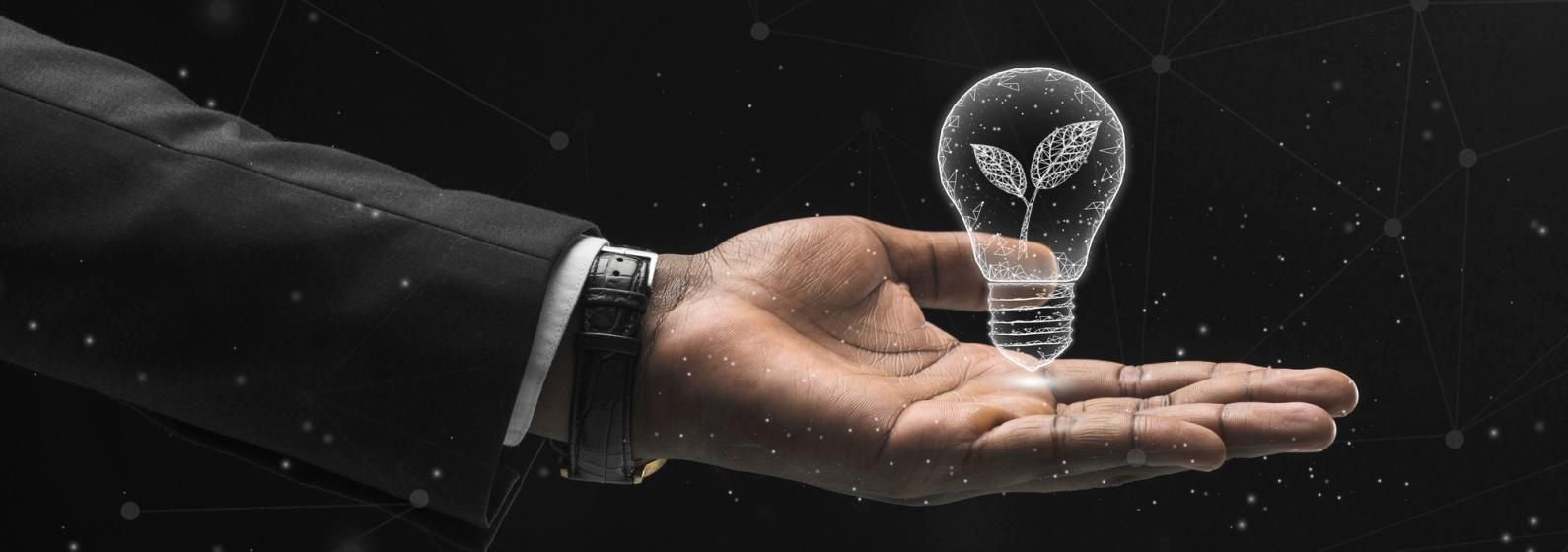Society
We’ll become even more individualised, integrated with our closest ones: family, friends, acquaintances. Before the pandemic, compared to other European countries, we were a ‘settled’, stationary society, spending quite little time in public spaces, visiting cultural venues or dining out in restaurants rarely, less willing to spend our free time with strangers than other Europeans. Perhaps thanks to these habits, the virus has been spreading slower across our country (and now, its main hotspots are work establishments and wedding receptions – spending time with the closest ones!). During the pandemic, our social customs have grown firmer, and the trend will certainly take an even deeper root. In the “new normal”,we’ll be developing the competency called “social capital” at an even slower rate.
Individuals
The existing differences between individual social groups will only get bigger. There will be an increasing stratification related to the place of employment and the financial situation. Those who are able to afford to work remotely (usually engaged in better paid jobs in the knowledge-based economy) will be able to provide their children with better care and education opportunities, and give more support to their families in the case of health or general well-being problems. The consequences of digital exclusion on the level of individual households/families will become more severe, leading, in fact, to social exclusion. On the other hand, we can see new trends in the structure of employment of women. Women able to work remotely will have a chance to be more active in the labour market based on a flexible form of employment, which is becoming a standard for both genders. As for women working in occupations requiring their physical presence, they may be increasingly absent from the labour market.
Businesses
Digitalisation in the “new normal” is the everyday standard in business, not an investment in the future. While in the pre-pandemic era most Polish companies focused on “hard” issues (infrastructure, IT systems, digitalisation, virtualisation of interaction with customers), those who will gain the upper hand in the “soft” domain will succeed in the “new normal”. This is mainly about building trust through clear and effective communication inside the company in the conditions of absence of everyday in-person interactions. Fear, growing stronger as the pandemic lasts longer, is the fuel for conflict. Lifestyle changes resulting from a new rhythm and new technologies of work, the limitation of social interaction, the need for employees to reorganise their lives in all aspects will involve appropriate initiatives in the area of HR and CSR within organisations in the “new normal”.
The text is part of the publication "The New Normal. Reality in the times of the global Covid-19 pandemic. A commentary by the faculty of Kozminski University".







